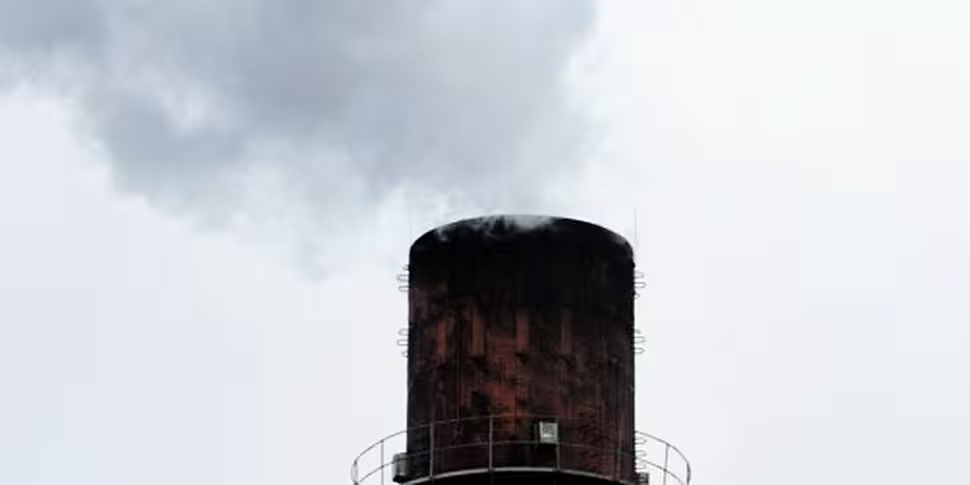The Environmental Protection Agency (EPA) says the burning of solid fuel is the biggest threat to good air quality in Ireland.
It says this is followed by emissions from vehicle exhausts.
Poor air quality contributed to some 1,500 premature deaths in Ireland in 2014 - mainly due to cardiopulmonary and respiratory health impacts.
In its latest Air Quality report, it says Ireland did not exceed any legal EU limits in 2016 for ambient air quality.
But it says particulate matter, ozone, nitrogen dioxide and sulphur dioxide levels were above the World Health Organisation (WHO) guideline values at a number of monitoring stations.
"The levels of particulate matter in our air is of growing concern, especially during the winter months when people’s fuel choices can directly impact on our air quality and on our health, particularly in small towns and villages," the EPA says.
"The predominant source of fine particulate matter is from the burning of solid fuel. Also, in urban areas, we face potential exceedances of nitrogen dioxide limit values unless we reduce our dependence on the private motor car."
The EPA has launched a new national ambient air quality monitoring programme - aimed at increasing availability of localised real-time air quality information.
Laura Burke, director-general of the EPA, said: "It has become increasingly clear that there are no safe level of pollutants and with this in mind, it is time to tackle the biggest issue impacting on air quality in Ireland - emissions from solid fuels in our small towns around the country.
"While the EU has introduced and implemented a range of legal instruments to improve air quality, these standards are still not in line with the tighter WHO air quality guidelines.
"The EPA again calls for movement towards the adoption of these stricter guidelines, especially for particulates and ozone, as legal and enforceable standards across Europe and in Ireland."
According to Patrick Kenny, EPA air quality manager: "A key part of the approach to tackling these issues is better engagement with the public on the topic of air quality.
"The first step in this process is improved access to air quality data and information.
"The National Ambient Air Quality Monitoring Programme (AAMP), which is launched today, will significantly improve the availability of localised real-time air quality information to enable the public to make informed decisions and better inform national and regional policymakers."









